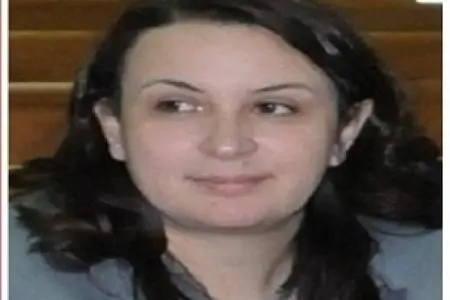PHOTO
Last December saw the historic signing into effect of the contracts for the El Dabaa nuclear power plant, marking the beginning of Egypt’s long-held nuclear dream becoming a practical reality. The project – which became a record-breaking deal in the history of the nuclear industry and the single largest joint project between Egypt in Russia since the Aswan High Dam – will be implemented by the Russian State Atomic Energy Corporation Rosatom, which will be responsible for all of the key aspects of the NPP’s construction and operation throughout its entire lifetime.
Considering the sheer scale and strategic national importance of the project to Egypt, the role of Egypt’s partner in its execution cannot be overestimated. The good news for Egypt is that, on the basis of a number of factors, experts agree that, in choosing Rosatom as the main contractor for the El Dabaa project, Egypt has made the right choice.
For one thing, all components of the future NPP will be manufactured by Russia, precluding production delays and ensuring the highest level of quality control. All of the technologies to be deployed in the El Dabaa NPP project meet all international safety standards and requirements as a matter of course; in particular, the latest Generation 3+ reactor technology, the VVER-1200, has passed numerous inspections by the IAEA and other international organisations, has been stress-tested under conditions more extreme than during the Fukushima NPP accident, and is successfully being operated in Russia. This means that Egypt will be getting the safest NPP, featuring the most advanced safety systems currently available.
Another factor of paramount importance is to have a partner that can handle all vital aspects of the project and assist in establishing the local nuclear infrastructure from scratch. As per the contracts signed for the El Dabaa NPP project, Rosatom will not only build the NPP but also undertakes to supply nuclear fuel throughout the plant’s operational lifetime, take care of spent nuclear fuel management and storage and decommissioning at the end of the NPP’s lifetime (60-80 years). Rosatom will also support Egypt in training nuclear cadre and driving the public acceptance of nuclear power.
In addition to ensuring safe and smooth operation of the NPP and stable ad competitive electricity prices, this will give Egypt the opportunity to develop its own expertise in the field by benefiting from Rosatom’s experience. Dr Abdel Aty Salman Former Chairman of the Nuclear Materials Authority of Egypt, stresses the advantages of Rosatom’s ‘technical and technological expertise to the Egyptian side involved in this giant project. He also notes that ‘cooperation between Egypt and Russia in the project of establishing the Dabaa nuclear plant will open the way for cooperation between the two countries in the fields of nuclear fuel front such as exploration, mining and manufacturing of uranium and nuclear fuel’.
Finally, there is the shared history of technical and scientific cooperation between Egypt and Russia. ‘Through that cooperation, Egypt was able to construct the High Dam, install iron and steel complex, , establish the Atomic Research Center, and numerous other projects in the various fields of the economy,’ notes Dr Mohamed Mounir Megahed, Former Vice-Chairman of the Nuclear Power Plants Authority of Egypt. This makes the current project an organic next step in furthering the two countries’ partnership. Dr Hoda Abu Shady, Professor of Nuclear Physics at Cairo University and member of the Presidential Council on Science and Education, adds, ‘We, of course, we have an experimental nuclear plant that was built in the sixties with the help of the Russian experts. Fifty years on from that time, we need to upgrade our knowledge regarding power plants. So we will, of course, acquire technical and scientific knowledge and we’ll have more graduates from the engineering departments to service the construction. And we will need not only one power plant but a lot of them due to our growing population’.
-Ends-
For further information, please contact:
Engy Emad
Media Relations Manager
Trans – Arabian Creative Communications (TRACCS)
Mobile: 010 0900 2207
Email: engy.emad@traccs.net
© Press Release 2018



















